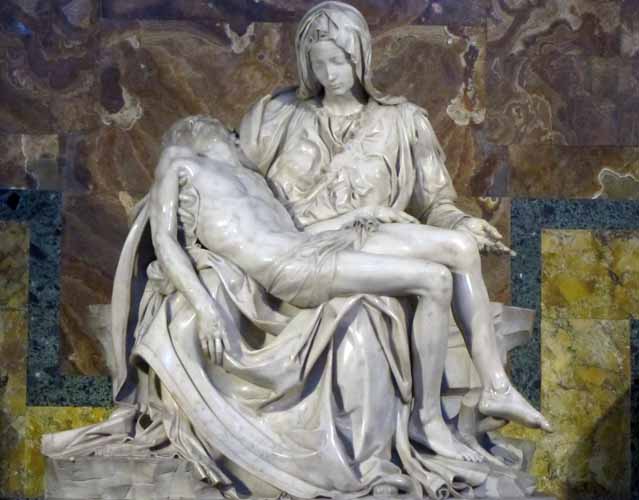FWP:
In this verse, ((ajab seems to be treated as an adverb modifying aazaad . With its heavily emphasized range of meaning (see the definition above), it runs from the admiring, through the surprised, to the patronizing. All of which work well with the image of a man so 'strangely free' that even his corpse is without a shroud. Does the speaker feel admiration, amazement, pity, or all three? Is he perhaps even identifying a body-- does he perhaps recognize with a shock the emaciated corpse of someone he used to know well? Or is he perhaps the only mourner, keeping watch over the body, and casually explaining the situation to a passer-by?
The speaker exclaims 'may God have mercy on him!' in absolutely the conventional way. But in such a peculiar case, is this only because he's dead? Should God forgive him for his free-thinking, emancipated ways? Should God generously compensate him for his extreme poverty and broken-heartedness? Or does he really need God's mercy at all-- might he not have been, in his nothing-left-to-lose aazaad state, 'free from care, at ease' (see the definition above)?
For a different treatment of the meaning of a shroud, see {3,5}.
Compare Mir's even more radical vision of the neglectedness of the lover's body after death: M{109,3}.

Nazm:
That is, he was a strangely free one-- for his corpse too is without a shroud. (8)
== Nazm page 8